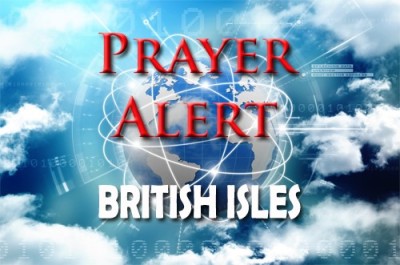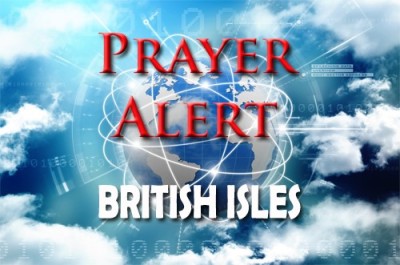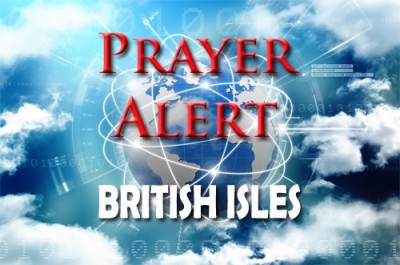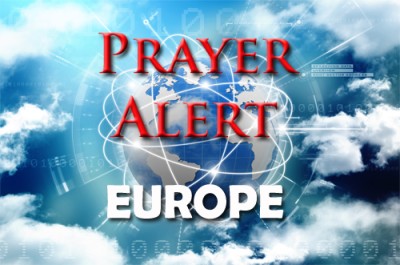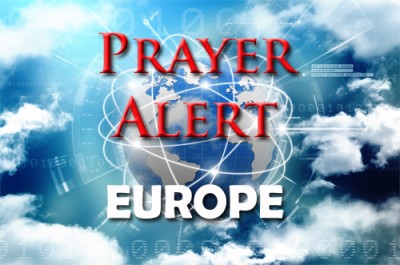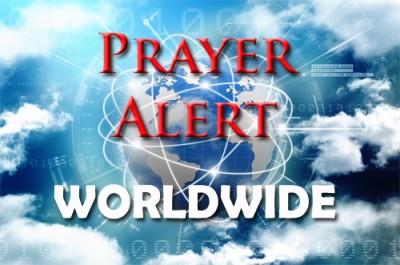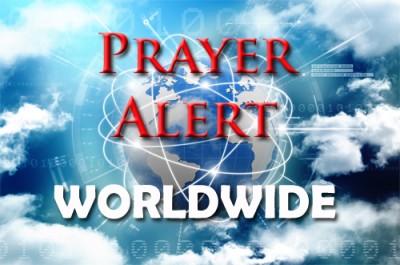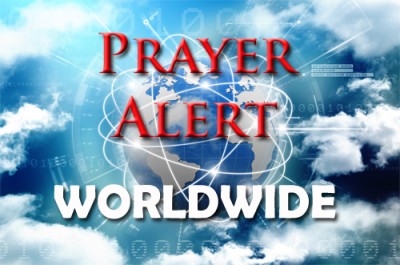Labour’s welfare reform bill was plunged into turmoil after the government dropped plans to tighten eligibility for PIP, one of its core cost-saving measures. Facing fierce backlash and the threat of a major rebellion, Disability minister Sir Stephen Timms announced that changes to PIP would be delayed pending a full review, co-produced with disabled people. The last-minute concession has caused confusion among MPs, leaving uncertainty over the bill’s financial viability. Despite earlier compromises, numerous Labour MPs remain opposed, warning the reforms could deepen poverty and harm disabled people. Emotional speeches in Parliament underscored divisions, with some MPs moved to tears as they denounced the bill as unjust. Critics argue the concessions feel rushed and insufficient, while government ministers insist reforms are vital to sustain the welfare system. Poverty impact assessments indicate that even with changes, around 150,000 more people could be pushed into poverty by 2030. The fate of the bill remains uncertain as further votes loom and disquiet grows within Labour ranks.
Prosecutors are considering bringing further charges against Lucy Letby, the former neonatal nurse already serving fifteen whole-life sentences for murdering seven babies and attempting to murder seven more between 2015 and 2016 at the Countess of Chester Hospital. The Crown Prosecution Service confirmed it has received a full file of evidence from Cheshire Police regarding additional deaths and non-fatal collapses of infants at both the hospitals where Letby had placements in 2012 and 2015. Meanwhile, three former senior managers at the Countess of Chester have been arrested on suspicion of gross negligence manslaughter after a separate investigation into systemic failures at the hospital. A public inquiry into how Letby was able to commit her crimes continues, with its final report expected early next year. Her legal team maintains her innocence, citing international medical experts who attribute the babies’ deaths to poor medical care and natural causes. The Criminal Cases Review Commission is reviewing her convictions for potential miscarriage of justice.
BBC chief ‘appalled’ by anti-IDF chants
03 Jul 2025BBC director-general Tim Davie has told Jewish staff he is 'appalled' by anti-IDF chants during punk band Bob Vylan’s Glastonbury set, acknowledging 'deep upset' among employees. The band led some of the crowd in chanting 'Death to the IDF’, remarks Davie condemned as 'deeply offensive'. Though he attended the festival, the BBC’s livestream of the performance remained online for hours before removal, sparking criticism from staff, the Chief Rabbi, and government ministers. Culture secretary Lisa Nandy demanded rapid reforms, criticising the broadcaster’s handling of the incident and its earlier decision to withdraw a Gaza documentary linked to a Hamas official’s son. Meanwhile, over 400 figures, including BBC staff and prominent artists, signed an open letter accusing the BBC of failing to report critically on Israel’s actions and UK arms sales. The controversy adds to growing internal and external scrutiny of the BBC’s leadership and editorial decisions. Davie insists that there is no place for antisemitism at the BBC.
US defence secretary Pete Hegseth has paused a planned shipment of advanced munitions to Ukraine amid growing concern over the country’s depleted stockpiles of weapons. The delay, stemming from a defence department review, affects key systems including Patriot interceptors and Hellfire missiles. This reassessment follows years of military aid to Ukraine and operations in the Middle East. While the Biden-era packages had approved these shipments, some are now being withheld, even after arriving in the region. The White House defended the move as prioritising US interests, but Ukrainian officials expressed frustration, calling the decision painful and warning that delays embolden Russian aggression. With Russia intensifying missile and drone attacks - launching the largest aerial assault since the 2022 invasion - Ukrainian leaders stressed the urgency of air defence support. Donald Trump has expressed a desire to supply Patriot missiles but acknowledged shortages. The pause comes as the USA also works to broker a ceasefire in the ongoing war.
A severe early-summer heatwave is scorching much of Europe, triggering wildfires, evacuations, and health alerts across multiple countries. In Turkey, over 50,000 people have been evacuated due to wildfires, especially near Izmir. France has faced peak temperatures of 40°C, with wildfires prompting evacuations. Spain is on track for its hottest June ever, with Seville reaching 42°C. Italy issued red heat alerts for 16 cities and may restrict working outdoors. Germany is also issuing warnings, urging water conservation while facing disrupted river shipping because the water level of the Rhine has dropped. UN secretary-general António Guterres has commented, ‘Extreme heat is no longer a rare event – it has become the new normal.’ Heatwaves are already the world’s deadliest weather hazard, killing nearly half a million people annually, surpassing the toll from floods, hurricanes, and earthquakes combined.
The official Iranian death toll from the recent twelve-day war with Israel has been raised to 935, including 38 children and 132 women, based on new forensic data. Iranian officials accused Israel of war crimes and vowed to present evidence to international bodies. The government also criticised Donald Trump’s rhetoric about potential further strikes and sanctions, dismissing his remarks as psychological manipulation rather than genuine diplomacy. Meanwhile, tensions have risen over the International Atomic Energy Agency (IAEA). Officials have condemned its ‘double standards’, and have said that its boss Rafael Grossi is not welcome in Iran. They have also refused to guarantee the safety of nuclear inspectors. Western nations have condemned the threats against Grossi and urged Iran to maintain cooperation with the IAEA.
Donald Trump has announced that Israel has agreed to the ‘necessary conditions’ for a sixty-day ceasefire in Gaza, pending Hamas’s approval. While the details remain vague, Trump said that the USA, along with Qatari and Egyptian mediators, will work toward ending the war. Hamas stated it is open to a deal if it guarantees an end to hostilities, the withdrawal of Israeli forces, and humanitarian relief. Israel’s key demand remains the release of most, if not all hostages held in Gaza. Hamas representatives in Cairo are reportedly negotiating, though insiders describe the talks as stagnant. Disagreements persist over the absence of a guarantee for permanent peace and continued military presence in Gaza. Meanwhile, the conflict continues: Israel has ordered evacuations in northern Gaza ahead of increased military action, and at least twenty Palestinians were killed in an Israeli air strike on a seafront café on 30 June. A previous attempt at a ceasefire failed in March. Trump's upcoming meeting with Netanyahu may prove decisive.
The Dalai Lama has confirmed that the centuries-old institution of his spiritual role will continue after his death, affirming that a successor will be appointed by the Gaden Phodrang Trust, his official office. In a video message from Dharamshala, India (where he lives in exile), the Tibetan spiritual leader said that no outside authority has any right to interfere in the process of choosing his reincarnation. His statement directly challenges China's claim that any future Dalai Lama must be approved by Beijing. The announcement, delivered during his 90th birthday celebrations according to the Tibetan lunar calendar, was met with joy by followers and monks gathered from around the world. The decision ends years of speculation, including previous suggestions that the Dalai Lama might not be reincarnated or that a girl might take up the role. China, which annexed Tibet in 1950, swiftly rejected the announcement, reiterating its stance that succession must follow state-approved regulations.
